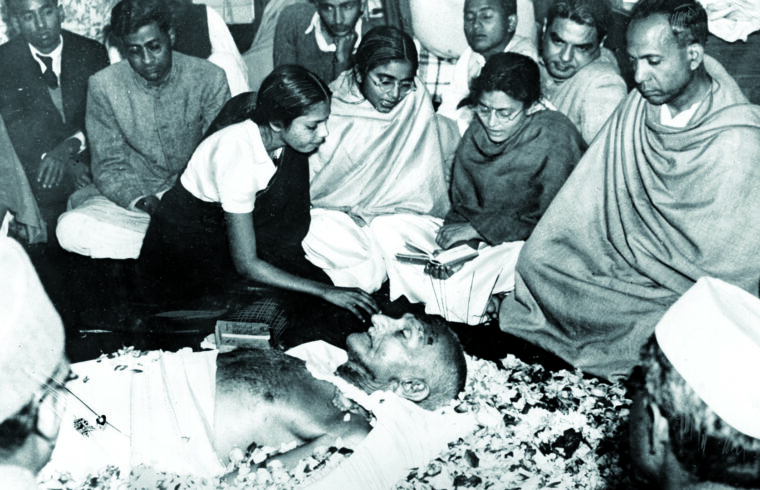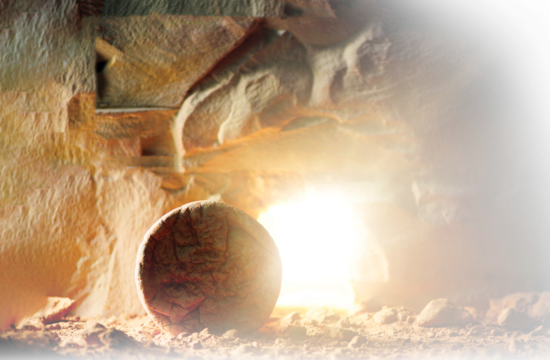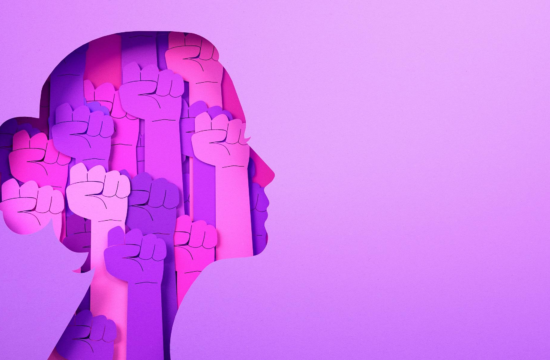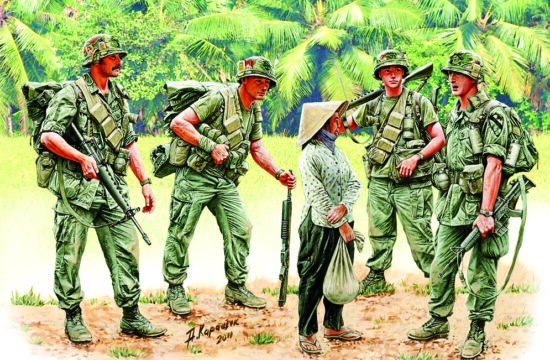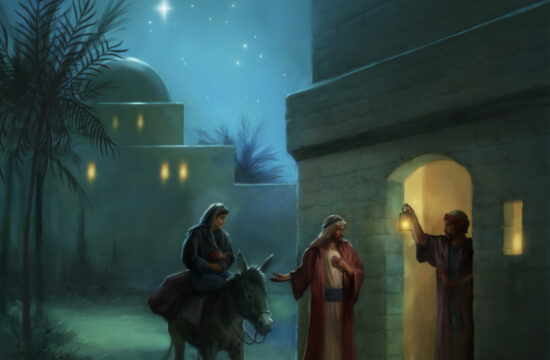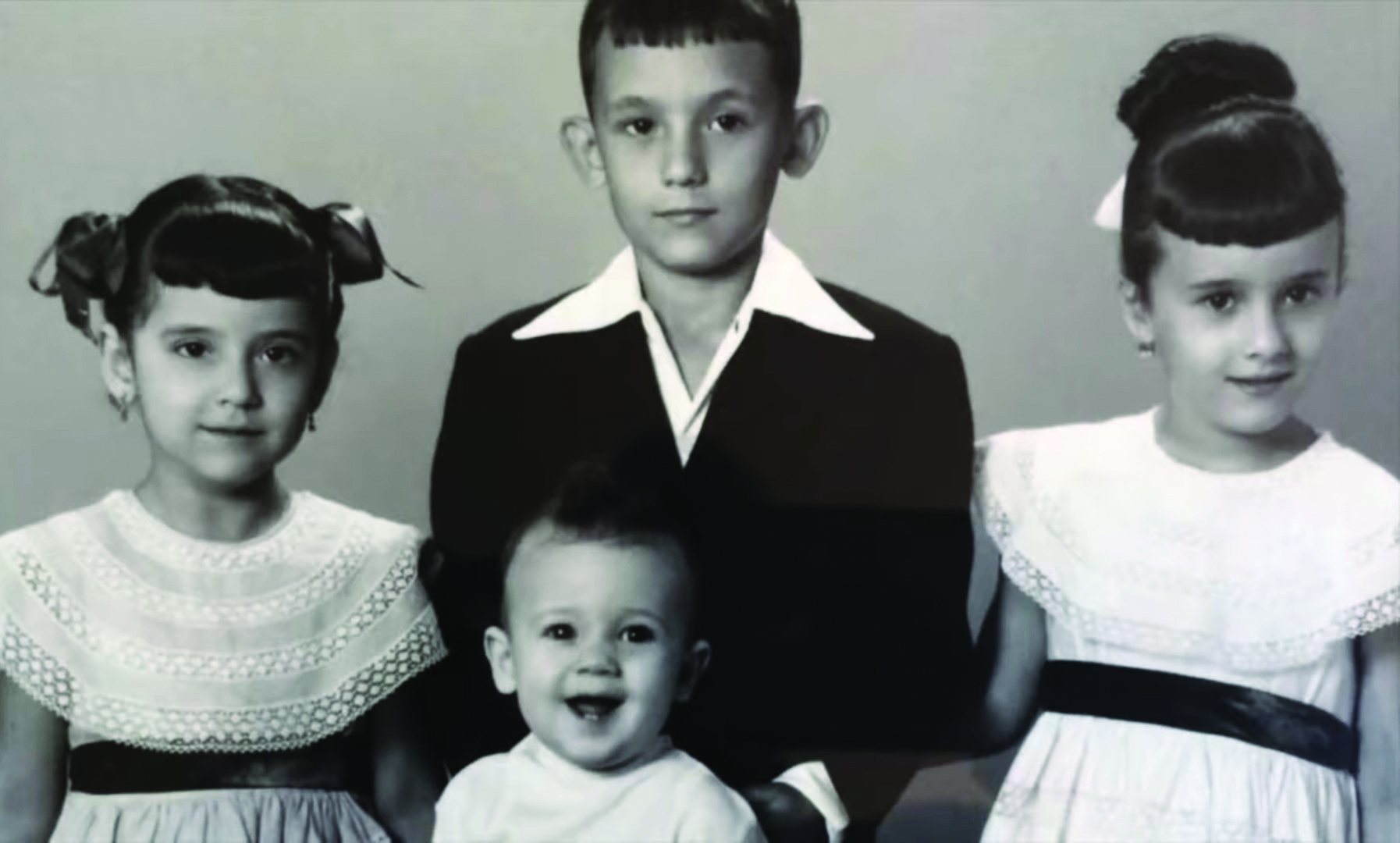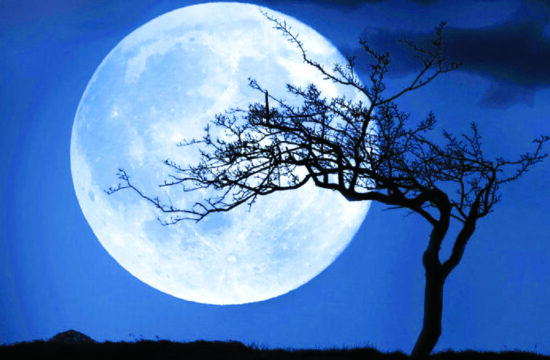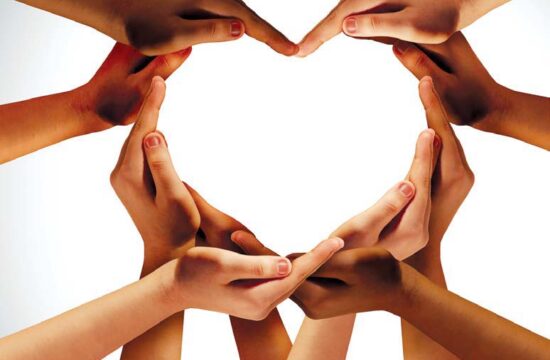As a twelve-year-old boy I stared at my grandfather, who lay on his back on a thin carpet in his house in New Delhi, his eyes closed, his arms resting peacefully across his chest.
My grandfather, Mahatma Gandhi, had just been shot and killed outside the house as he was preparing to lead an inter-faith prayer meeting. It was a late January evening in 1948, a pleasant breeze wafting through the trees in the surrounding area, many of them flowering, their fruit ripening.
I continued to fix my eyes on my inert grandfather, believing that the great man would rise up from the dead. After all, Mahatma Gandhi was the beloved Bapu, the Father of the Nation.
There was an atmosphere of peace, even though he’d just been killed. Prayer songs were being sung, flowers were everywhere. In my childlike belief, I thought he would get up and start walking again.He did not, but he left behind impressions and desires that have guided me throughout my life.
I didn’t want to know who killed him, to find him, or punish him. That thought never entered my mind.
I carried forth his ideals of overcoming hatred and injustice with nonviolence – a difficult balancing act, I admit.
Currently in our world tribalism has become dominant. Tribalism is when people retreat to their own ethnic and religious tents. It’s a global trend. But there has always been this push towards common humanity as well. So there is a clash between this trend towards tribalism and humanity’s longing to be understood as a common entity.
Justice and reconciliation are common hungers and thirst of humanity. Gandhi symbolizes an understanding of this, that you need both justice and reconciliation, that you have to fight and you have to live together. You have very sharp differences with others, and you express those differences sometimes in very stern language, but you have to find ways to live together.
In August of 1947 India was becoming independent, and India was becoming divided. Independence coincided with partition, with the creation of Pakistan. It also coincided with the unfortunate killings involving Hindus and Muslims and also some Sikhs. Half a million to a million people were killed within two months in 1947.
It was around this time I was attending the frequent multi-faith prayer meetings that Gandhiji conducted—meetings that brought Hindus and Muslims together.These prayer meetings were a standard feature in his life for his last 20 to 30 years. He would host them wherever he was in the country—sometimes drawing 100 people, sometimes 100,000 people, depending on where he was.
Imagine drawing large crowds of Hindus and Muslims together, then reciting verses from both the Koran and from the Hindu sacred texts.
I witnessed the tension and occasional hostility at these multi-faith prayer meetings, and learned a life lesson about how to conduct yourself in such situations. When people are against you or are attacking you, you respond in a civil and friendly way and you do not give up on your convictions. That is the lesson that I absorbed at the time.
I learned many lessons from my grandfather, most centered around justice, healing, and reconciliation. Wherever there is division, it is the duty of people like me to breach the division, to bring a return to trust and some kind of partnership, and if possible, some kind of healing. That has become my life.
Part of me wants to see, burns to see, a new world, one where ‘common humanity’ is not just words. I want us all to recognize we are the same underneath. We have different skin colors, different physiognomies, we belong to different religions, we speak different languages, but there is something absolutely common in all of us. And I want a recognition of this.
I want to see this new world. I may not see it in my lifetime in every detail, of course not. But one tiny step forward every day is more than welcome.
Rajmohan Gandhi
Rajmohan Gandhi, a grandson of Mahatma Gandhi, is a writer, researcher, magazine editor, professor and peace activist.


